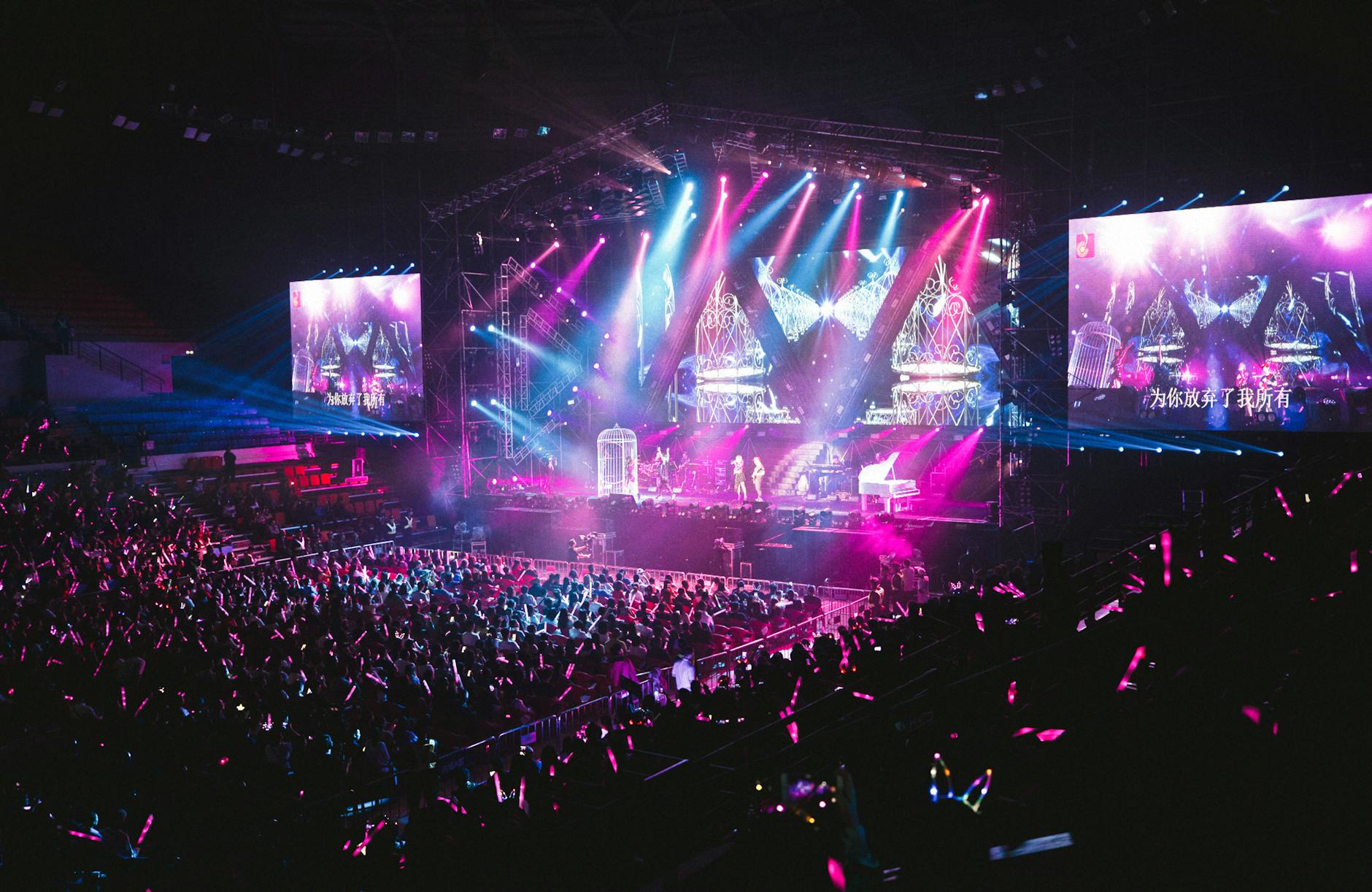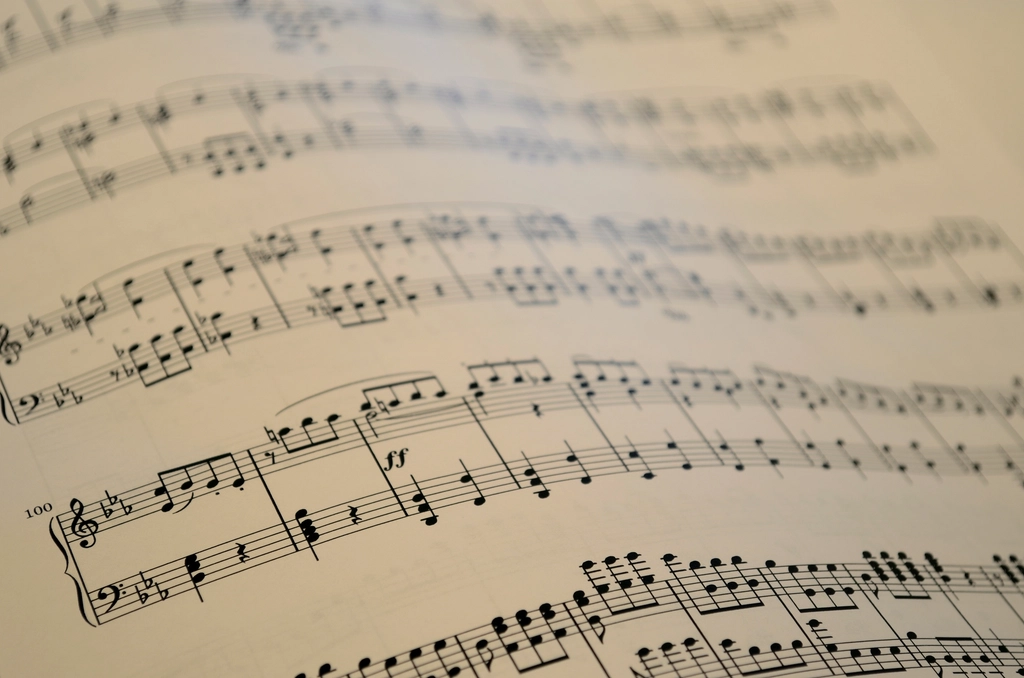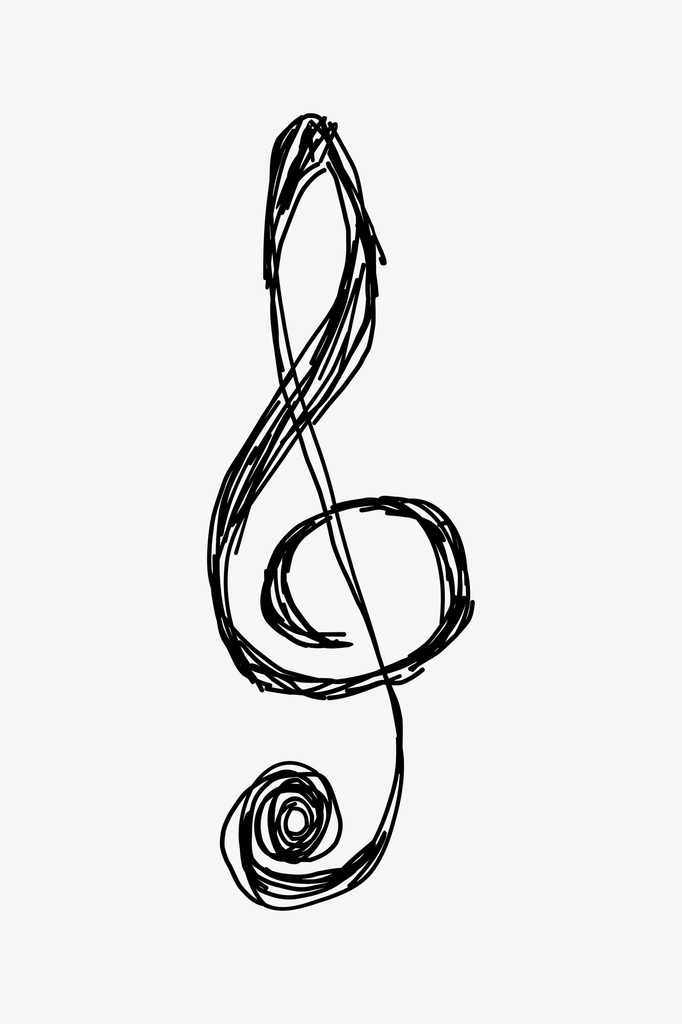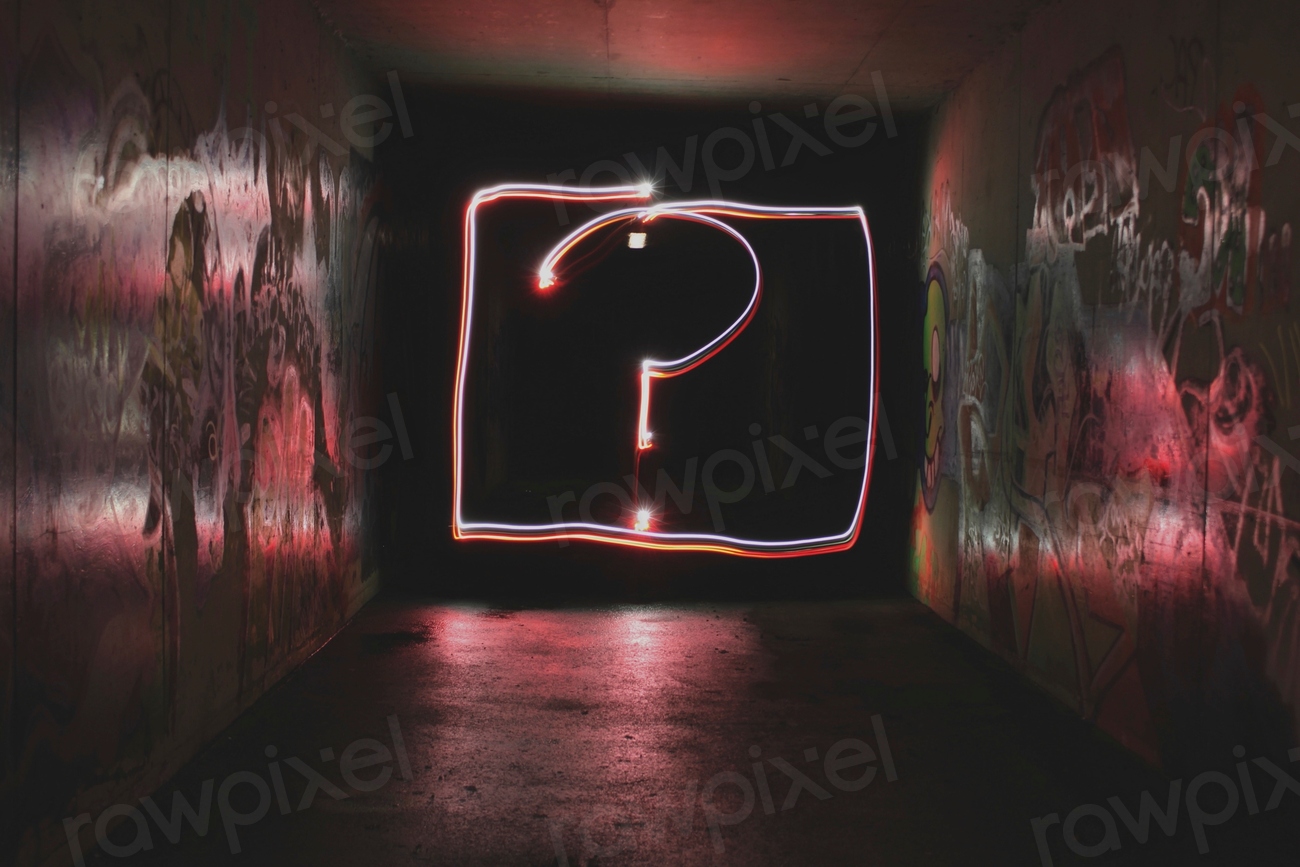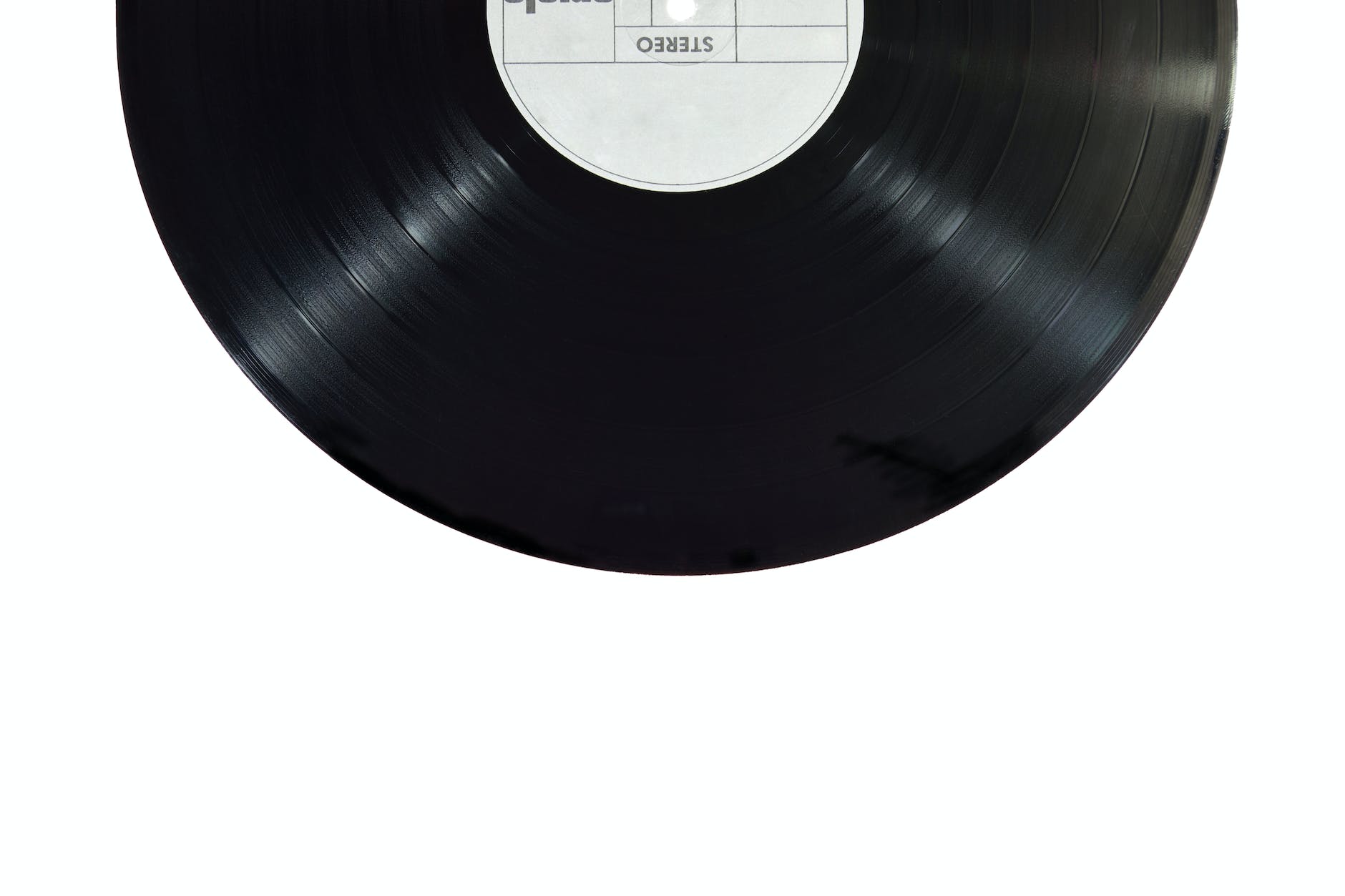Tips On How To Earn 1000 Dollars a Month from Music in 2024
How To Earn 1000 Dollars Per Month From Music Setting the Foundation for Success To create a successful music career, it’s crucial to set a strong foundation. This includes identifying your niche in the industry and building your brand and online presence. Diversifying your revenue streams will also contribute to your financial success. Engaging with … Read more

